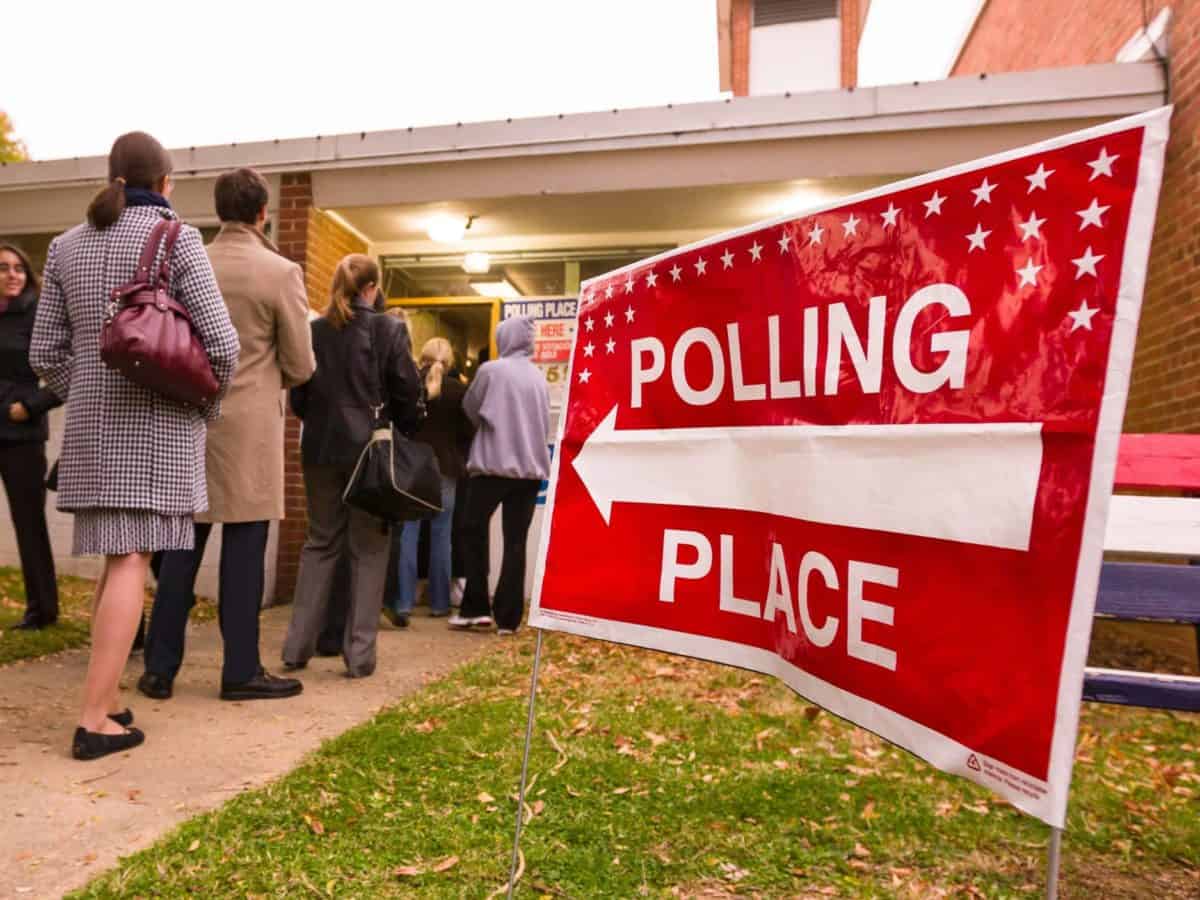
Former Vice President Joe Biden and most of his Democratic presidential competitors have issued extensive position papers on education, not that you would know from media coverage and political chat around the daily to and fro of polling, tactics, and clashes. Education is a key issue in appealing to their party’s coalition that includes teachers, black voters, and college-educated metropolitan residents.
And yet, the issue seldom arose in the multi-candidate series of TV debates, with a couple of notable exceptions. The major media exit poll asks which issue matters most to your vote: race relations, health care, climate change, and income inequality? Education is not on the short list.
Now that the campaign for the Democratic presidential nomination has narrowed to a two-man race — Biden vs. Vermont Sen. Bernie Sanders — it’s worth spotlighting distinctive features of their education platforms. Both would return the federal government to a more active agent in efforts to bolster public education institutionally and to provide supports for students and families. But they differ in scale, and in prospects for implementation.
Just as “Medicare for all’’ is a signature of the Sanders campaign, so also is his oft-repeated call for “free for all’’ public universities and community colleges. In addition, he would cancel what he calculates as $1.6 trillion in student debt held by 45 million Americans.
For pre-K-12 schools, the senator proposes sweeping initiatives in what he titles “A Thurgood Marshall Plan for Public Education,” named for the nation’s first black Supreme Court Justice. He would guarantee teachers a salary of at least $60,000, eliminate for-profit charter schools, and provide “year-round, universal free school meals.”
In a seldom-mentioned distinctive feature of his plan, Sanders would dramatically reassert the federal government’s leverage in racial and socio-economic integration with magnet schools as his instrument of choice. His plan calls for increasing federal funding for public magnet schools from $105 million to $1 billion.
The primary emphasis of the Biden education plan is to upgrade the classic federal focus on schools with children of lower-income households. He advocates high-quality preK for all three- and four-year-olds. He proposes to triple funding for Title I schools — from $16 billion to $48 billion — and to have local districts use some of that money for “competitive’’ teacher salaries.
Biden, who has had to explain his earlier resistance to school busing, says he would reinstate the Obama Administration’s guidance on desegregation and offer grants to districts to assist in that effort.
He favors “community schools’’ that serve as hubs to address families’ unmet needs. Through the Affordable Care Act, he proposes “voluntary home visiting programs’’ to help parents navigate the stresses of parenthood.
Noting that his wife Jill has had a long career teaching in community colleges, Biden proposes $50 billion in workforce training and two years of tuition-free community college.
As on Medicaid and other issues, Biden covers much the same ground as Sanders on education, but charts a more moderate course — a moderation and a record of legislative give-and-take that have helped propel him to front-runner for the Democratic nomination.
With the Trump administration seeking to scale back Title I and other federal programs, it’s apparent that the general election will give voters a clear choice toward setting the nation’s educational course beyond 2020. The future of schooling surely is an issue worth some TV commentary and probing questions at debates.
To read the Biden policy papers, go here. To read Sanders on education, go here.
Here are additional commentary and critique of Biden and Sanders on education from New America, Vox, and The 74 Million.
Recommended reading



